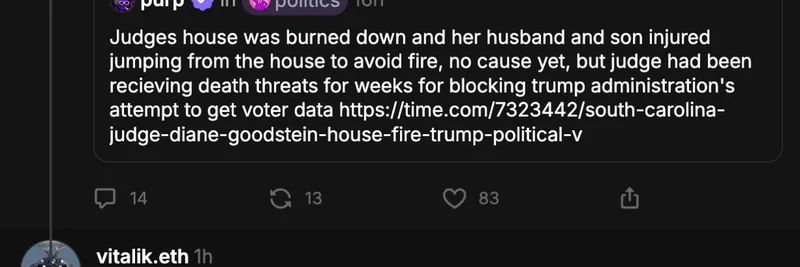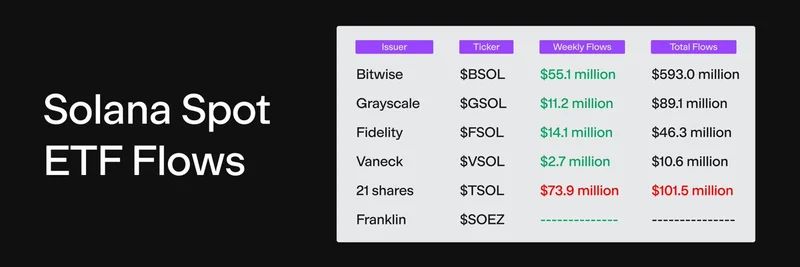In the ever-evolving world of blockchain, governance is king—especially for decentralized autonomous organizations (DAOs). But what happens when decision-making turns dangerous? Ethereum co-founder Vitalik Buterin recently sparked a conversation on this very topic, advocating for zero-knowledge (ZK) based anonymous voting to protect participants from real-world threats like coercion or even violence.
It all started with a chilling news story about a judge's home being set on fire after a controversial ruling. Vitalik chimed in on X (formerly Twitter), saying that more government actions should use secret ballots. He extended this to blockchain, noting how ZK tech could solve social problems in an era of easy retaliation. "Today this stuff sounds crazy and 'why is the crypto bro pushing zk wizard tech solutions to a social problem'," he tweeted, "but in the 2020s age of easy physical retaliation (including by foreign adversary states), I think we'll see such ideas enter the overton window more."
This isn't just theoretical. In DAOs, where community members vote on everything from fund allocations to protocol upgrades, public voting can lead to vote-buying, pressure from whales, or worse—personal threats. For meme token communities, this hits close to home. Meme coins like Dogecoin or newer ones built on Solana often rely on DAOs for governance, and their passionate, sometimes volatile, holder bases could benefit hugely from privacy features that prevent retaliation or manipulation.
Enter Shutter Network, a project that's stepping up with a practical solution. In a recent X post, user Johnson Jack highlighted how Shutter aligns perfectly with Vitalik's vision: "Vitalik is right that DAOs need private, coercion-resistant voting. Shutter’s approach combines threshold encryption with ZK proofs to keep votes private while remaining verifiable on-chain."
What is Shutter's Shielded Voting?
Shutter is building on its existing tech to offer permanent shielded voting for DAOs. Here's the breakdown in simple terms:
Threshold Encryption: Votes are encrypted using a system where multiple "Keypers" (think decentralized guardians) hold pieces of the decryption key. A majority must collaborate to reveal the final tally, but no one can peek at individual votes.
ZK Proofs: Zero-knowledge proofs let voters prove their vote is valid (e.g., they have the right tokens) without revealing what they voted for. This ensures everything's legit and verifiable on-chain.
Homomorphic Encryption: Specifically, they're adapting ElGamal in the exponent, a type of encryption that allows math on encrypted data—like adding up votes without decrypting them first.
Unlike temporary privacy solutions that only hide votes during the polling period, Shutter's version keeps them secret forever. This tackles issues like retaliation, vote-buying, and strategic signaling, where people vote based on what others might think.
Why This Matters for Meme Tokens
Meme tokens thrive on community hype, but governance can get messy. Imagine a DAO deciding on a massive marketing burn for a frog-themed coin—public votes might lead to doxxing or harassment if someone disagrees. Shutter's tech could make these decisions safer and more honest, fostering better participation. As meme ecosystems grow, with projects like PEPE or SHIB evolving into full-fledged DAOs, tools like this become essential for sustainable growth.
Plus, it's scalable and efficient, avoiding the heavy computation of fully homomorphic encryption (FHE). There are trade-offs, like relying on honest Keypers, but it's a big step forward compared to alternatives like mixnets or timelock puzzles.
Looking Ahead
Vitalik's push and Shutter's innovation show how blockchain is maturing beyond finance into real social tools. For more details, check out Shutter's blog post. If you're in the meme token space, keep an eye on how DAOs adopt this— it could redefine fair play in decentralized governance.
Stay tuned to Meme Insider for more on how cutting-edge tech intersects with your favorite memes!


